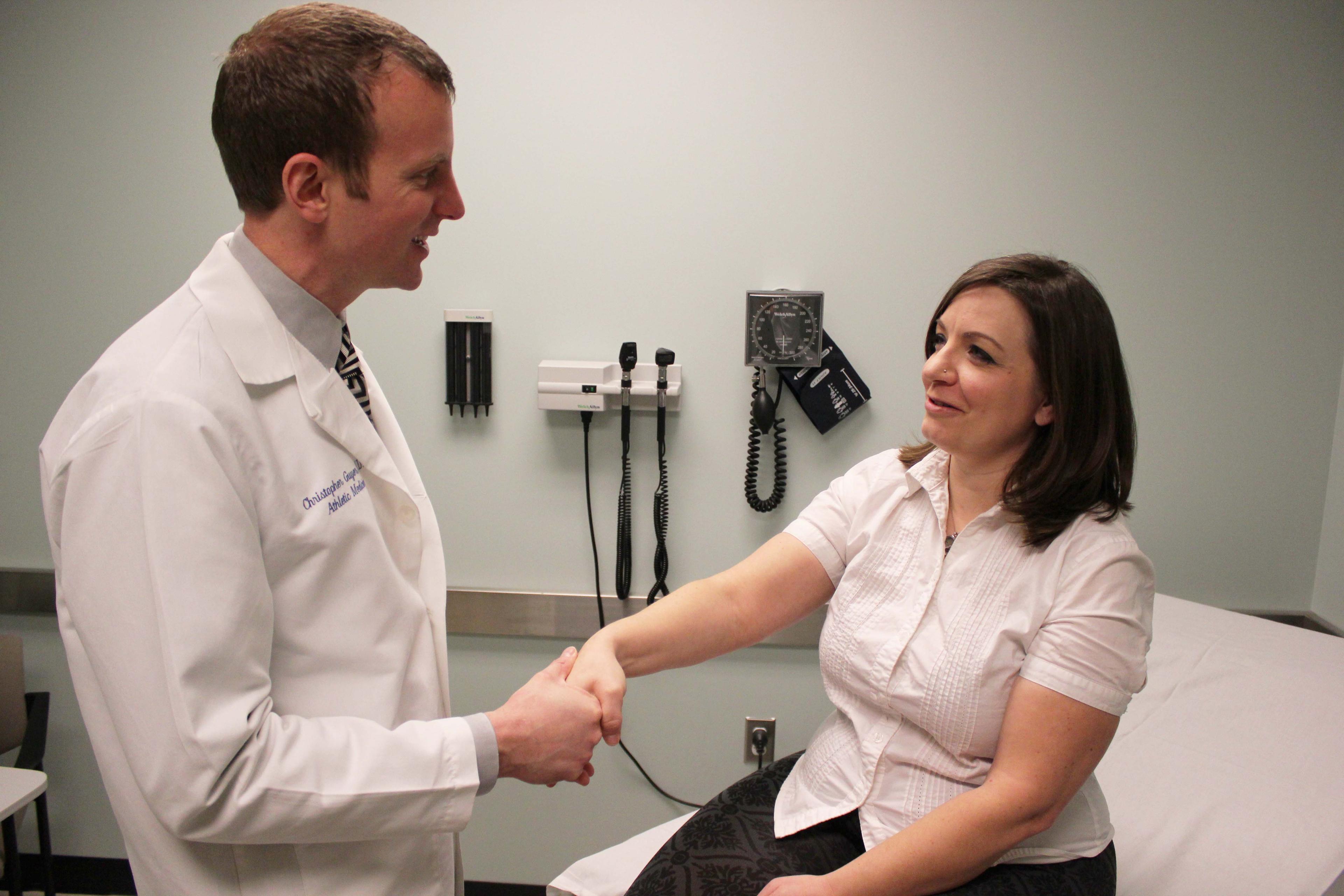
Whether you’re moving to a new city, transitioning from pediatric to adult care or just think it’s time for a change, at some point you will likely have to switch your primary care physician. And with a little preparation, that transition can be simple and easy for both you and your new doctor. Finding a new doctor Whether you’re choosing a primary doctor for the first time or need to change your current one, it’s easy to do online. Blue Cross Blue Shield of Michigan and Blue Care Network members can use the Find a Doctor feature to search for health care providers based on factors such as board certifications, quality ratings and office locations. Once you’ve narrowed your search down, you can compare up to six doctors side by side based on what’s important to you — everything from language spoken to extended office hours. You can even read reviews from other patients and see what they had to say about their experiences. To get information tailored to your plan, members should log into their bcbsm.comaccount rather than using the basic search. If you don’t have an account, it only takes a few minutes to register. Visit bcbsm.com and select LOGIN in the upper right-hand corner. In the LOGIN box, select Register Now. Tip: When searching for a doctor, look for those who are designated as a Patient-Centered Medical Home (PCMH) doctor. To earn a PCMH designation, doctors change their processes and procedures so they can be completely focused on the most important part of your health care: you. If you’re a PPO member, you can filter by “Patient-Centered Medical Home” on the left-hand side. You can also find a full list of PCMH providers here. Get your information from your old doctor Once you decide to switch doctors, give your old doctor a call or schedule an appointment. Ask the office manager if you can have copies of your medical history, test results and even a status report of your current and reoccurring health conditions. If you’re making the switch from pediatric to adult care, you’ll want a copy of your immunization record, a date of your last tetanus shot, the name and dosage of medications and the date of your last physical exam. Change your doctor with your insurance company It’s important to tell your insurance company that you’ve changed primary care physicians. This is especially important for HMO members, as you need a referral from that doctor before seeing most specialists. If you’re a Blue Cross member, you can change your doctor within your account at bcbsm.com or call the number of the back of your insurance card or on your Explanation of Benefits statement. Prepare for your visit with your new doctor Before your first appointment with your new primary care physician, here’s what you’ll want to have on hand (print a handy checklist):
- Any insurance cards for current coverage (you can also use your virtual ID card if you have Blue Cross coverage)
- Your driver’s license or another valid photo ID
- A list of any prescription or over-the-counter medications and supplements you’re currently taking
- A copy of your medical records from your previous doctor or primary care physician
- Your health history, including chronic conditions and illnesses and previous surgeries, and details about your family’s health history
- A list of specialists you see
- A list of questions you’d like to ask, such as:
- How should I contact you when I have a question?
- Do you have an email address?
- What’s the best way to get a prescription refilled?
- How far in advance will I need to make an appointment?
- Where should I go if I need urgent or emergency care?
For more tips on choosing your doctor and improving your relationship and dialogue with them, check out these blogs:
Photo credit: A Healthier Michigan





